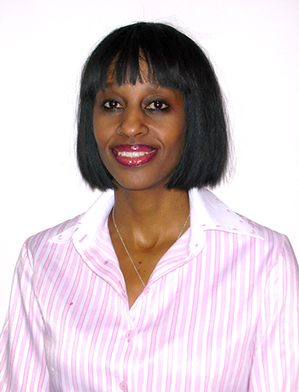According to the WHO, health is a state of complete physical, mental and social being, not simply the absence of disease. This definition extends to include steps, actions and strategies that an individual puts in place to achieve optimum health.
Who are we in relation to disease?
Even though the most evident part of our existence is physical we are the sum total of mind, body and spirit. Therefore for a perfect balance to be maintained, all three components of the self have to be in equilibrium. These aspects interact with each other and therefore affect the total self. It’s therefore imperative that in looking at the physical manifestation of disease, we also look into imbalances of the mind and the spirit. When we integrate proper care of all these features we are bound to have a more successful outcome rather than focusing on only one aspect.
Taking Inventory
- Physical – How does your body feel? Is it light and easy to move or does it feel heavy and lethargic? Is there disease present? These are some of the questions that are important to review as we think of our physical health.
- Mental – Are you feeling happy, angry, depressed, sad, or hopeless? The quality of your thoughts is an important indicator of your view of life.
- Spiritual – Think about what inspires you and what gives your life purpose. Most importantly, do you feel like your life is meaningful?
Strategies to attain a healthy lifestyle
- Exercise – moderate intensity exercise for 30 minutes four to five times a week will assist to control your weight, reduces risk of lifestyle diseases such as diabetes, improves your mood and boosts your energy levels.
- Adequate sleep – Inadequate sleep has been linked to serious health problems such as heart disease, diabetes and obesity. Sleep is vital for good immune, metabolic, memory and learning functions. Simply, a rested body functions better.
- Stress reduction – We live under very stressful conditions and have even more stressful jobs. However, stress reduction is essential for our wellbeing and health. Stress is the number one cause of physical symptoms such as headaches, stomach upsets, depression, anxiety and loss of libido. Therefore it is important to seek help so that you can manage your stress levels. Learn to relax.
- Proper diet – A healthy lifestyle is not complete when it’s not combined with a healthy diet. All food groups are important to give a balanced diet – fats, carbohydrates, and protein. Unrefined carbohydrates and fruits have a high content of fibre and are therefore important in aiding digestion and in slow release of glucose into the blood stream (e.g brown rice, oats). Carbohydrates should be taken minimally. Unsaturated fats are recommended over saturated or trans fats. Saturated fats mainly come from animal sources while trans fats are mostly made during food processing and are both known for their effect in raising the ‘bad’ cholesterol. Healthier dietary fats are plant-based or those found in fish – examples of these are olive, flax and coconut oils. It is suggested that animal protein be taken moderately. Fish is considered to be a healthier option of all animal proteins.
- Seek help in cases where there’s disease present and to get support for any lifestyle changes. A major part of your health is in your hands therefore taking responsibility of your health empowers you to make appropriate changes that benefit your life.
Dr. Mase Baholo is an integrative family physician understanding and treating the body holistically for optimal health. She has joined the PsychMatters Team to assist all who present with physical dis-ease to re-align the body’s imbalance for optimal living.



